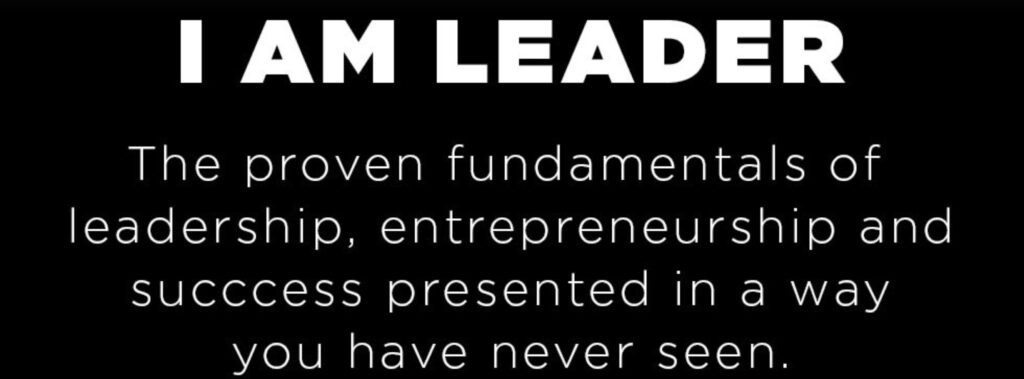When it comes to best practices and ultimately “winning” in auto service, there’s a lot we can learn from other markets and industries. One such industry is professional sports and specifically the NBA. The ties may not be obvious to everyone, but they’re definitely there and worth looking at. To start, there are a number of lessons we can learn about leadership and how it impacts the whole team’s success. This past season, there was a lot of publicity about how teams are going to great lengths to acquire better coaches.
I recently had Service Advisor Coach extraordinaire Mario on the Service Drive Revolution podcast to talk about it and how it relates to the auto service industry. Mario’s a huge NNBA fan–even named his kid after Michael Jordan–and a serious pro when it comes to auto service. We started our conversation by talking about the league’s best players and why, but you’ll have to listen to the episode to hear that part. We’re here to talk about the lessons we can learn from the NBA’s strategy.
According to a LinkedIn article from April 2019, “In a close-fought series, the difference between winning and losing may hinge on if they get the right players on the floor at the right time with the right plan. So while it’s mission-critical for NBA teams to find and field the best players in the world, club owners and executives will also go to great lengths to land the best coaching talent anywhere, employing many of the same tactics that recruiters use. Like many of you, they put a premium on finding leaders with skills such as adaptability, collaborative problem-solving, and, especially, effective communication. As a result, many NBA team have embraced an approach of hiring for skills over experience and promoting from within.”
In the auto service industry, most of the service managers start in the shop and work their way up from there. When you’re a tech in a shop, you get a flat rate per hour so your results are really dependant on your ability to turn hours rather than on working as a team player to push things forward. Even though you’re working with advisors or dispatch, your outcomes don’t really change as a result of that collaboration. What matters is managing yourself as effectively and efficiently as possible so you get things done and
The game changes when you move up to shop foreman. Instead of your outcomes being based solely on your own work and efficiency, it matters how well you can get other people to perform. This requires effective communication, solid leadership, and collaborative problem-solving the manager’s job isn’t to just tell people what to do, but to say:
“What does championship look like for this team at this at this dealership? Our goal is to win that championship.”
So the first step for the manager is to define what championship looks like. Do we want to be number one in CSI? Do we want to be a certain percentage net to gross in profitability? Once the whole team knows what it means to win the championship, the service manager’s job is to devise a plan for how to get there. It’s just like the NBA in that way. It doesn’t matter if you have the best players in the league on your team if your plan to get them all working together is ineffective. Maybe one player will do really well, but the team certainly isn’t going to win the game and certainly not the championship.
There are a lot of things that service manages can learn from the top NBA coaches. The first is the importance of adaptability. So many service managers out there don’t want to change, even when the industry is evolving. Instead of thinking about how they can adapt to the changing industry the focus on being right. They want to argue about how the way they learned from their manager, who learned that way from the manager before them, is the right way to do things. When really, the “right” way doesn’t necessarily exist and if it does, it’s always changing and evolving. In order to stay on top of the game,
To take it back to the NBA, let’s think about the 1985 Bulls. That team was stuck in the way they had always done things. It was what they were comfortable with and instead of looking for a system that would get the best outcome, they continued to do things the way they’d always done them. Really, coaches (and similarly, service mangers) leave because their methods are no longer working, whether they admit it or not. So when a new coach or manager comes in, it’s on them to look at the industry and their own data and come up with a plan that will actually work, not to keep using and passing on old, ineffective strategies.
As Mario put it, “I believe that a lot of managers don’t feel they need to do much changing, because, at the end of every month, they still have a paycheck, regardless if their dealer made money or not, they still get a paycheck, so they feel, ‘I’m making money. The dealer must be making money.’ But they don’t know that they’re not, and changes need to be done yesterday.” For service managers, there is no real incentive to try to find the best way to do things because they are still getting paid regardless. Then, they get fired because their numbers just aren’t cutting it. If you want to know more about it, pick up my book The Irreplaceable Service Manager. I talk a lot about the critical importance of adaptability when it comes to keeping your job and thriving as a service manager.
The next skill both NBA coaches and service managers need in order to win the championship is effective communication. effective communication comes in many different forms. It’s not just talking to somebody. Effective communication is so much more than just talking to people. It’s how you set up your systems. It’s how you carry yourself. It’s how you hold people accountable. Everything you do is communication when you’re the boss because people are watching. Whether you like it or not, they’re watching how you dress, how you talk, how you show up, if you’re on time, your body language, who you’re within the office with the door closed, what you do all day, how you handle customers, whether or not you follow up… all of it.
Effective communication requires systems. If you have a system, you follow the system no matter who is in your office or who is underperforming or over-performing. When we don’t have a system, we go off of our emotions. We communicate with people based on how we feel about them or their performance in that particular moment or let our personal bias get in the way of good leadership. And we listen with the intent of learning and understanding, rather than focusing on proving why we’re right about the topic at hand.
All of this leads to a negative company culture and makes it really challenging to attract and retain talent.
When it comes right down to it, winners attract winners. So when you have solid leadership, you get solid candidates coming in to apply for your jobs who want to succeed, which often means they are open to coaching and want to be challenged in order to level up. They want the championship just as bad as the service manager does. This kind of talent will only be attracted to environments of performance that YOU create as a leader. Create that high-performance environment where the best will thrive and then manage them in a way that you know will yield the best results–or win the championship if you will.
So, to recap: It’s high time we take notes from the NBA when it comes to winning. Winning starts with good leadership, which requires adaptability, effective communication, and collaborative problem-solvingFrom there, a strong team of winners will come to you and thrive in the environment and under the strategy that good leadership has created.
We dive even deeper into the topic, the NBA, and Beyonce (ye, Beyonce…) on this episode of Service Drive Revolution. Give it a listen here.
Questions? Thoughts? Want to talk about the Beehive? Let’s do it in the comments below.










